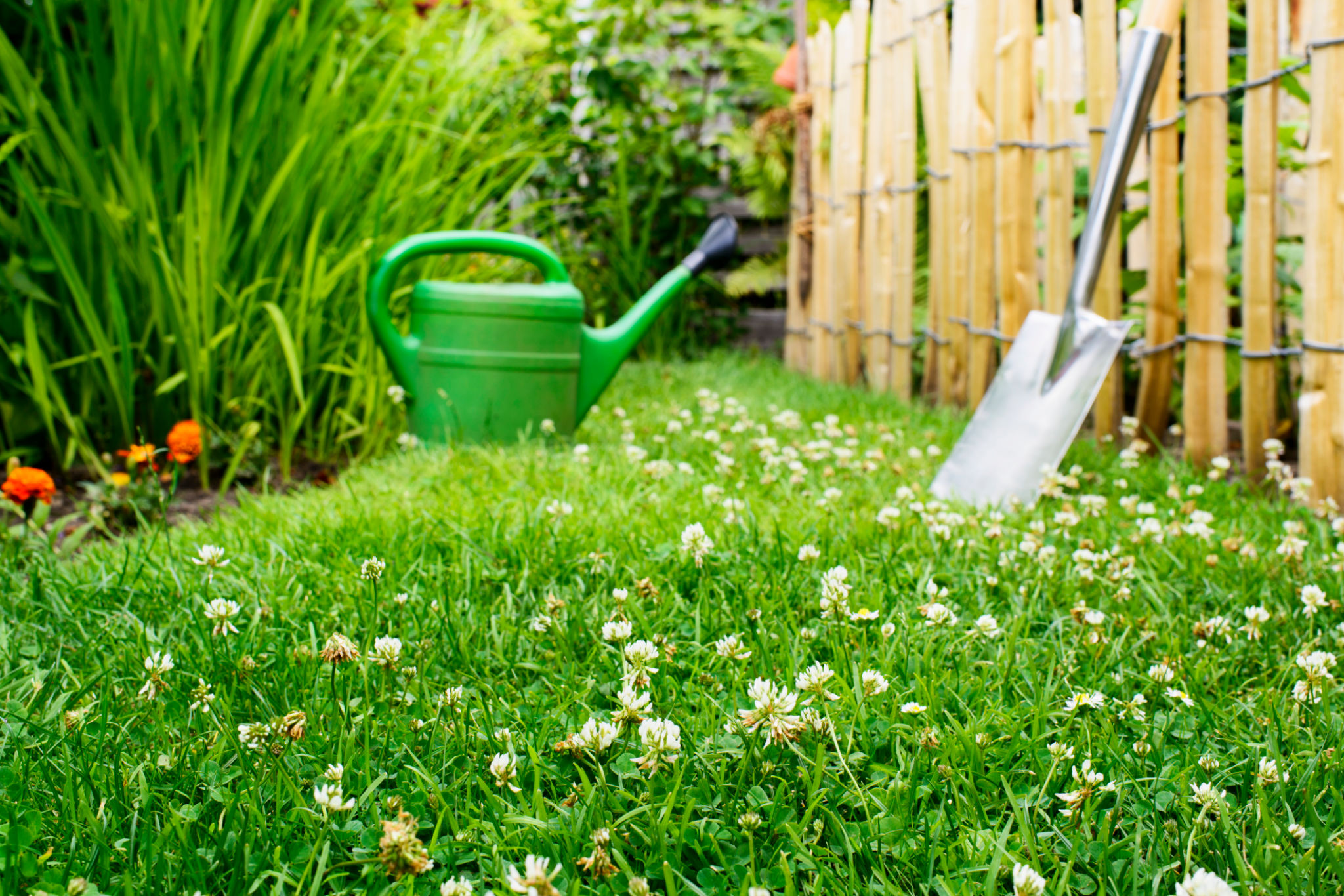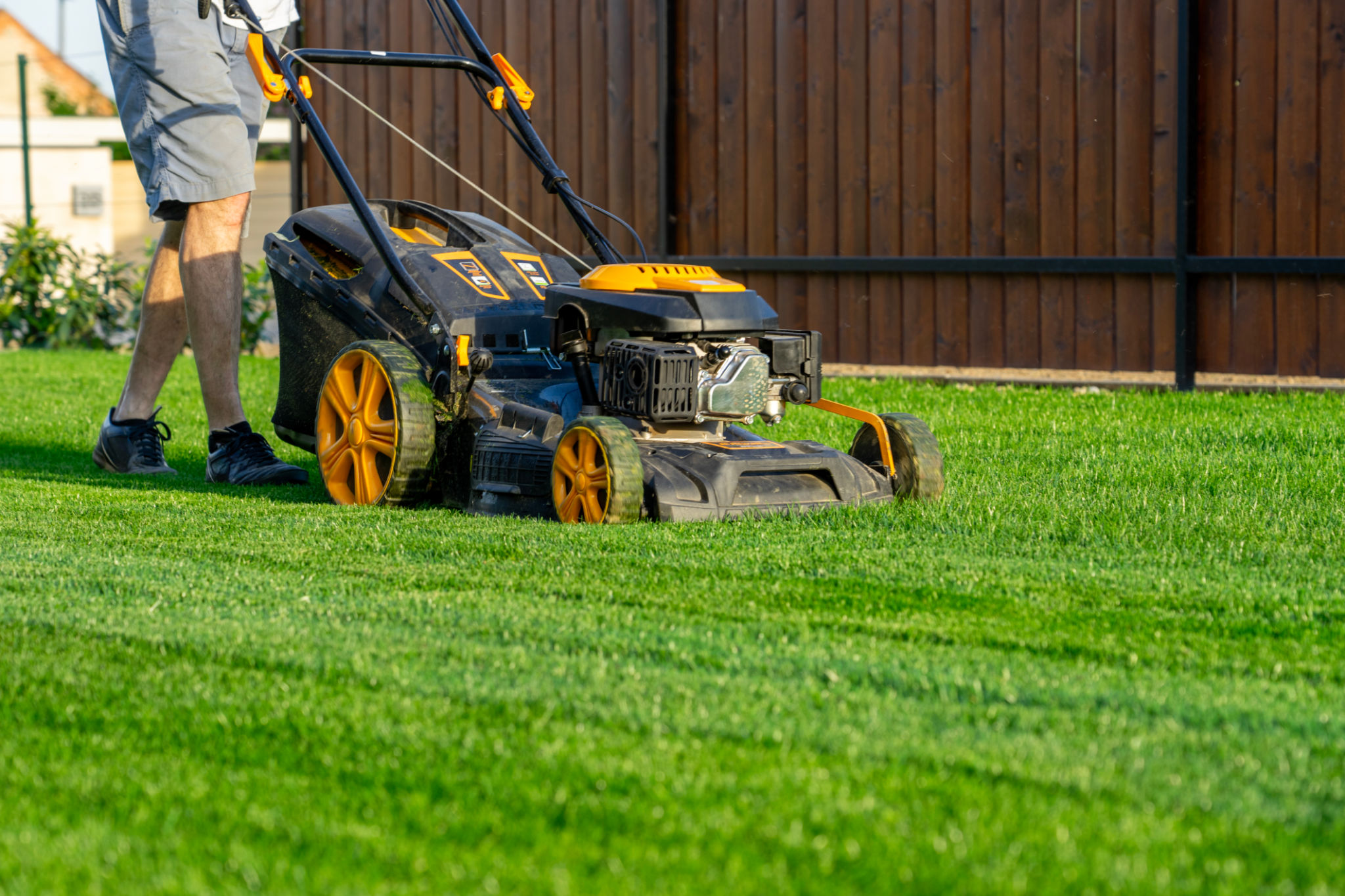Clover Lawn Maintenance: Keeping Your Eco-Friendly Lawn Healthy
The Benefits of Choosing Clover for Your Lawn
In recent years, there has been a growing trend towards sustainable and eco-friendly landscaping options. Clover lawns are at the forefront of this movement, offering numerous environmental and aesthetic benefits. Not only does clover provide a lush, green appearance, but it also requires less water and fewer fertilizers compared to traditional grass lawns.
Clover is naturally resilient, meaning it can thrive in poor soil conditions where other plants may struggle. This makes it an ideal choice for homeowners looking to create a low-maintenance, eco-friendly lawn. Additionally, clover is a nitrogen fixer, which means it naturally enriches the soil, reducing the need for synthetic fertilizers.

Maintaining Your Clover Lawn
While clover lawns are relatively low maintenance, there are still some important steps to ensure their health and vitality. One of the key practices is proper mowing. Clover should be mowed to a height of about 3 inches to maintain its lush appearance and prevent weeds from taking over. Regular mowing also encourages clover to spread, creating a denser lawn.
Watering is another crucial aspect of clover lawn care. Although clover is drought-tolerant, it benefits from occasional deep watering during extended dry periods. This helps to keep the roots healthy and supports overall growth. However, over-watering should be avoided as it can lead to root rot.

Combatting Weeds and Pests
Clover naturally suppresses many common lawn weeds due to its dense growth habit. However, if weeds do appear, they can often be controlled through regular mowing and hand-pulling. For those who prefer a chemical solution, there are organic herbicides available that are safe for use on clover.
Pests are generally not a significant issue for clover lawns. Clover attracts beneficial insects such as bees and butterflies, which can help control pest populations naturally. If pest problems do arise, they can often be managed with natural remedies like neem oil or insecticidal soap.

Fertilization and Soil Care
One of the standout benefits of clover is its ability to fix nitrogen in the soil. This reduces the need for frequent fertilization. However, if your soil is particularly nutrient-poor, an occasional application of a balanced, organic fertilizer may be beneficial.
To maintain optimal soil health, consider testing your soil every few years. Soil testing can provide valuable insights into nutrient levels and pH balance, helping you make informed decisions on any necessary amendments.
Seasonal Considerations
Clover lawns require some seasonal care to stay healthy year-round. During the spring, overseeding can help fill in any bare patches and encourage thicker growth. In autumn, a light raking will help remove any debris that could smother the clover over winter.
Winter care is generally minimal, as clover is hardy and can withstand cold temperatures. However, avoid heavy foot traffic on frozen lawns to prevent damage.
Creating a Pollinator-Friendly Environment
One of the added benefits of a clover lawn is its ability to attract pollinators like bees and butterflies. This supports local biodiversity and contributes to a healthier ecosystem. To enhance this aspect of your lawn, consider planting wildflowers or native plants alongside your clover.
By choosing clover for your lawn, you are not only opting for an eco-friendly alternative but also helping to support vital insect populations that play a critical role in our environment.